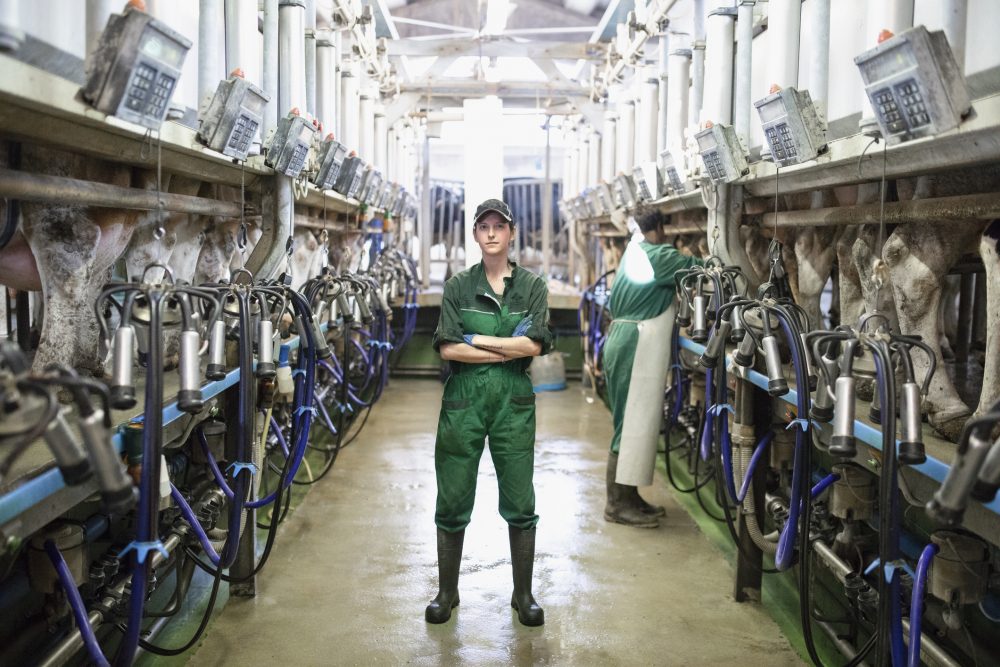Farm wages, benefits have room to improve, survey says

Work flexibility, vacation time and sick days are among areas farms can improve to be more competitive in the labour market according to a new survey from the Canadian Agricultural Human Resources Council (CAHRC).
“While some agriculture employers offered these benefits, many participating organizations do not offer any flexible work arrangements or basic benefits like sick days,” CAHRC wrote in a report on its 2024 survey of compensation practices in Canadian agriculture.
The survey encompassed 140 organizations representing 609 employees across major farming sectors (horticulture, beef and poultry are not reported).
Read Also


World Seed Congress addresses global supply chain challenges
The World Seed Congress is on in Rotterdam, Netherlands with a discussion of the major issues facing the seed and crops sector. The major issues on the agenda include the challenges that the decline in free trade and globalization brings to major suppliers of seeds, the acceptance of gene editing and the technology involved in that process.
It found that on average of 44 per cent of farms offer their employees sick time. Hog farms are most likely to give sick leave (56 per cent) but give the fewest days (3.75 days average) while apiculture (beekeeping) was least likely to offer sick time (21 per cent), but those who did on average allowed employees six sick days per year.
The majority of grain and oilseed (between 60 and 70 per cent), dairy (about 60 per cent) and swine farms (nearly 90 per cent) offered employees vacation time. Those that gave workers between 11 and 13 days off.
Finfish (aquaculture) farms were most likely to offer employees health insurance (a bit more than 80 per cent of farms). Swine farms came next, with nearly 70 per cent reporting health insurance. Around 30 per cent of dairy farms offered health insurance, while about 60 per cent of grain and oilseed farms did so.
The survey also examined employee wages by role.
Grain and oilseed farms consistently paid employees the most. The weighted average wage for farm managers was nearly $38 with a median wage of$39.90. Farm workers were on average paid a bit more than $27 per hour, with a median wage of $28.
Farm managers on dairy farms on average made nearly $26/hr with a median wage of $26, and workers made $21/hr and a median wage of $20/hr.
Hog farms paid managers on average a bit less than $32/hr and workers about $21/hr.
By comparison, employees in the construction sector in 2023 were paid nearly $36/hr on average, across all roles, Statistics Canada data shows. Manufacturing paid an average of $33.50/hr. Transportation and warehousing paid nearly $33/hr. Accommodation and food services paid on average a bit less than $22/hr across all positions.
StatCan data puts the average agriculture sector wage at $24.77 per hour in 2023.
The Canadian job market is expected to slow in 2024 with increasing unemployment rates from labour availability, CAHRC said in the report. However, agriculture is experiencing persistent labour shortages as producers struggle to hire workers.
Source: Farmtario.com

